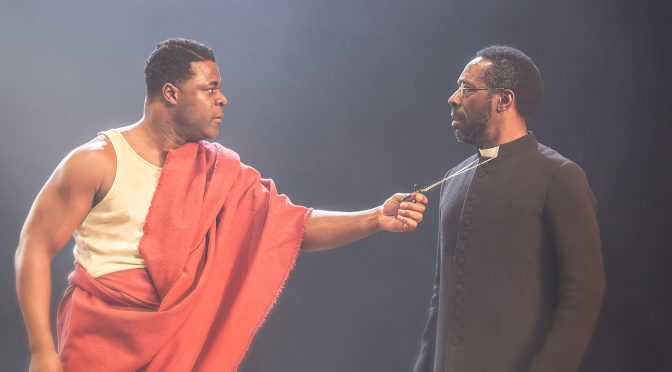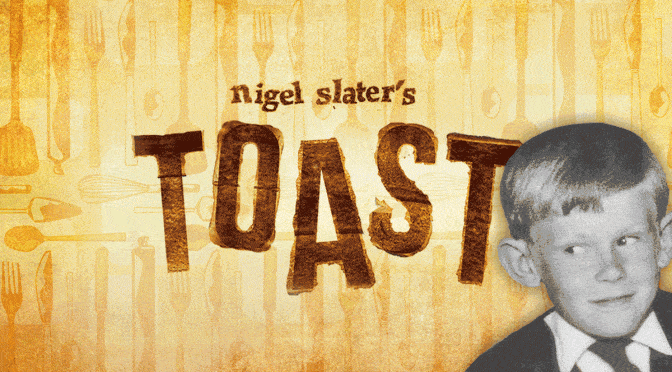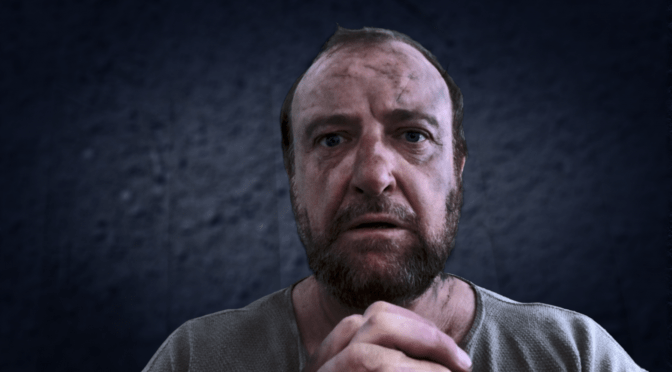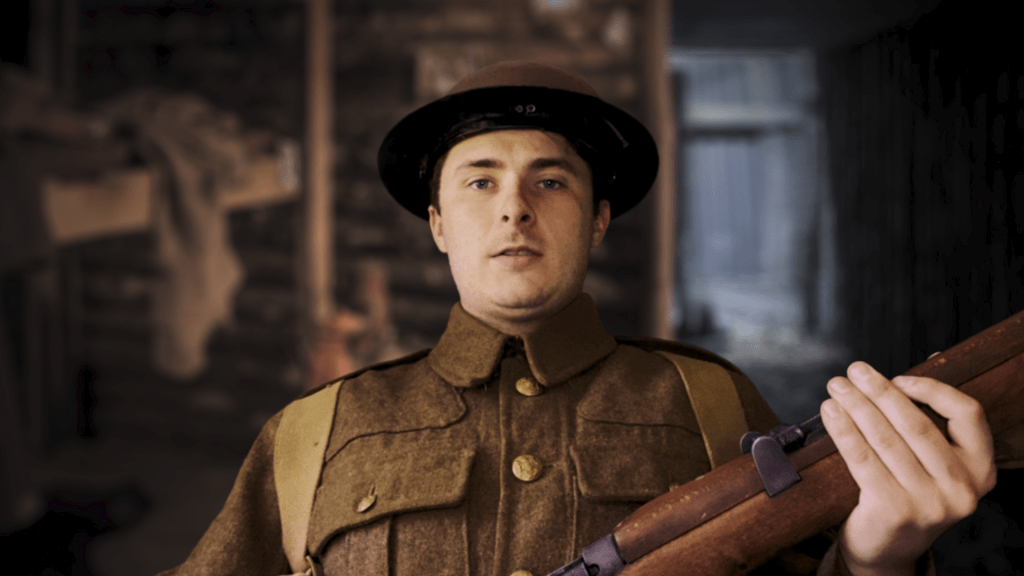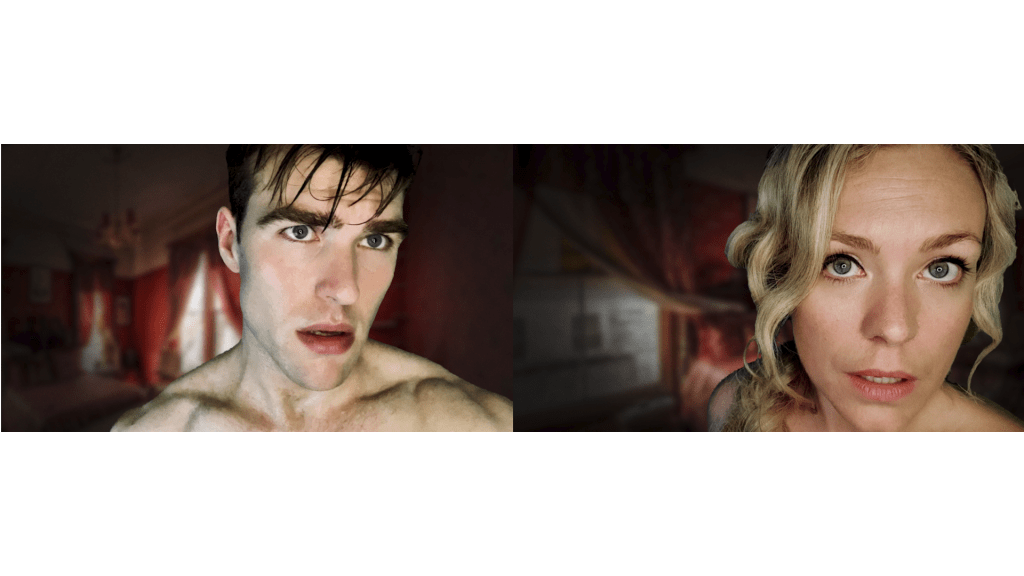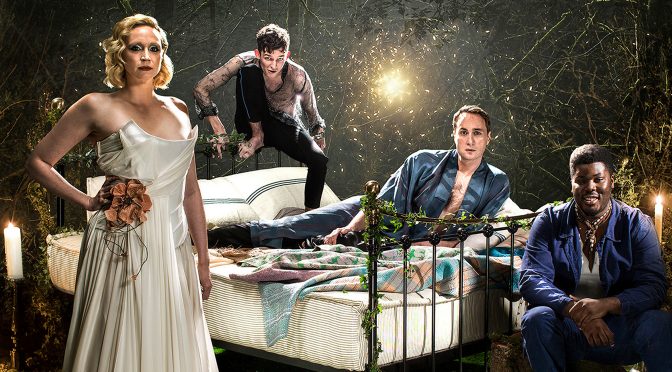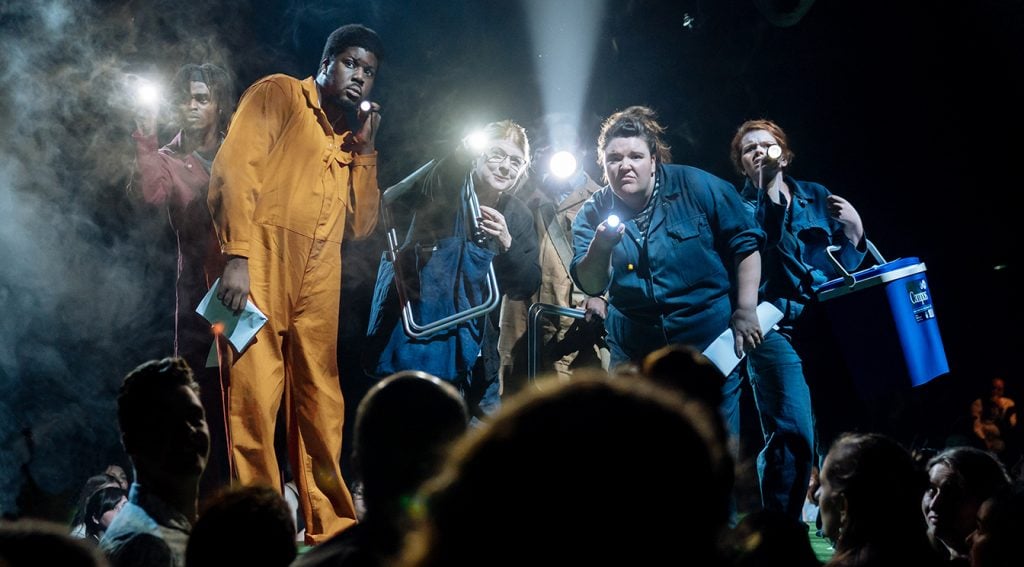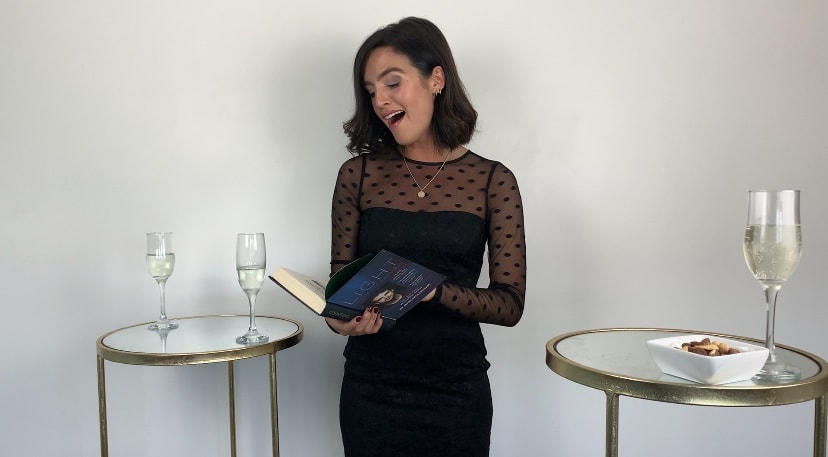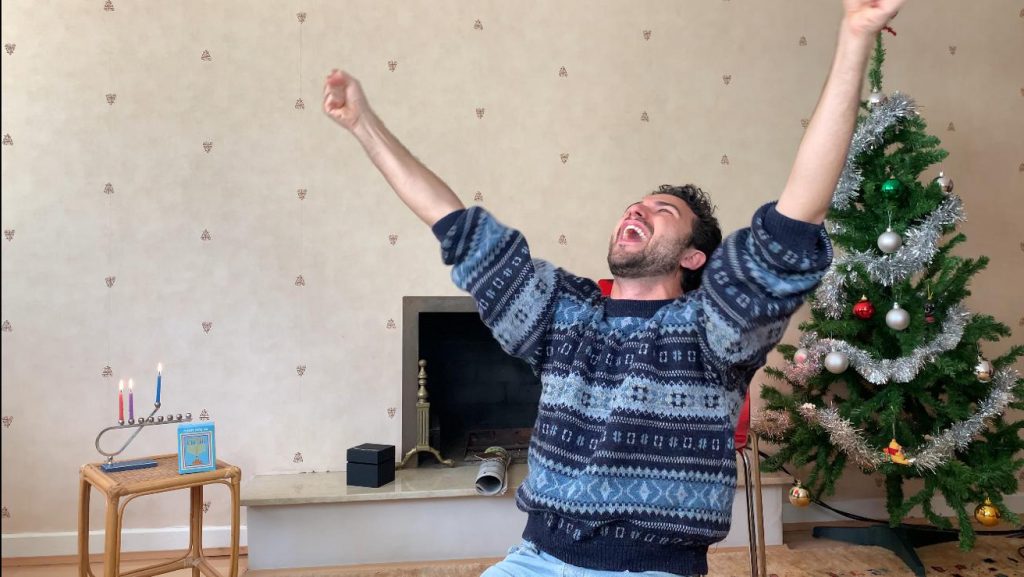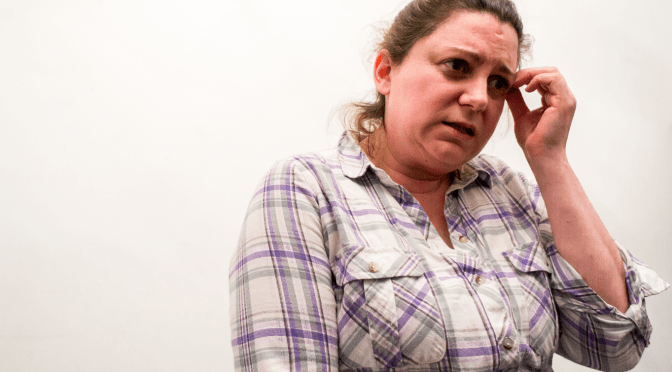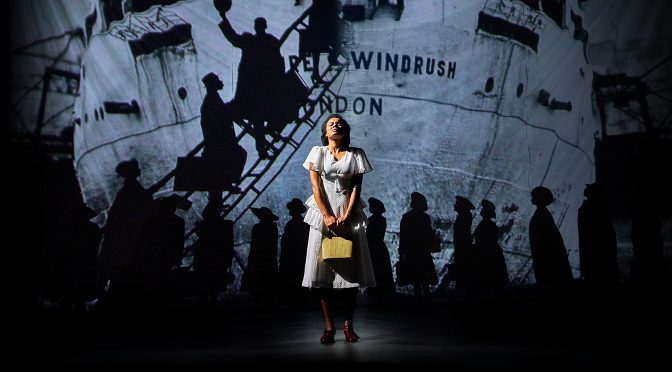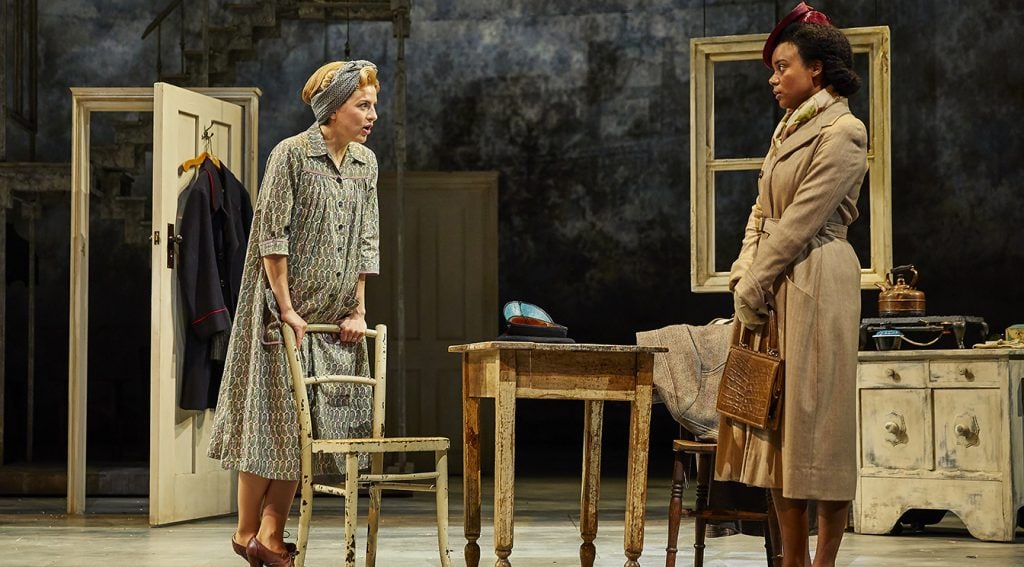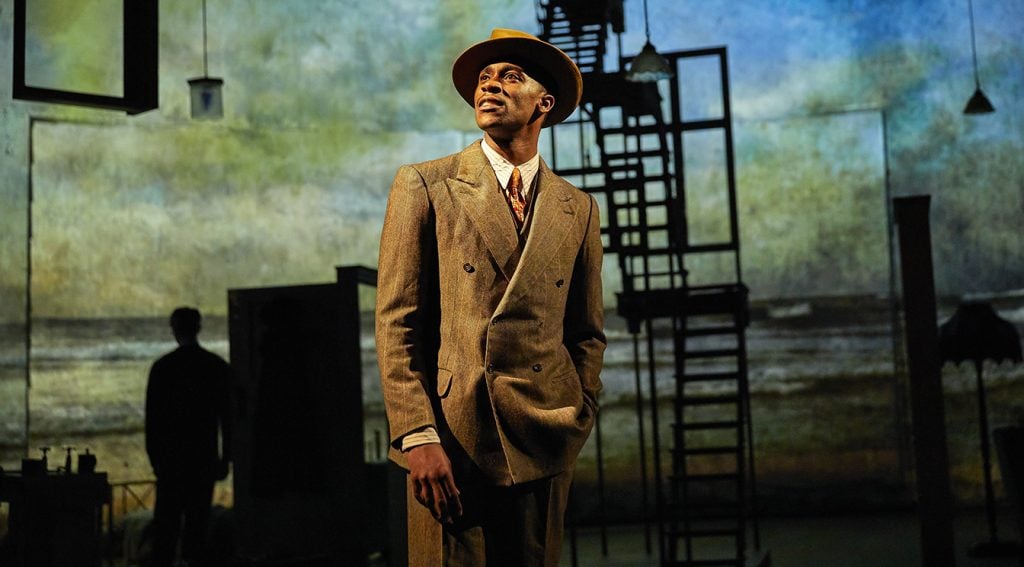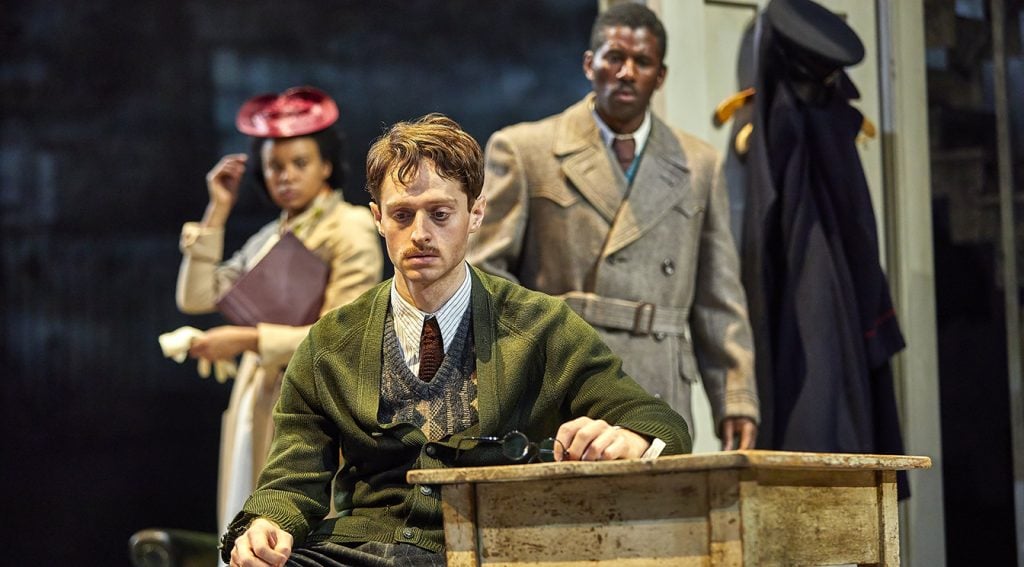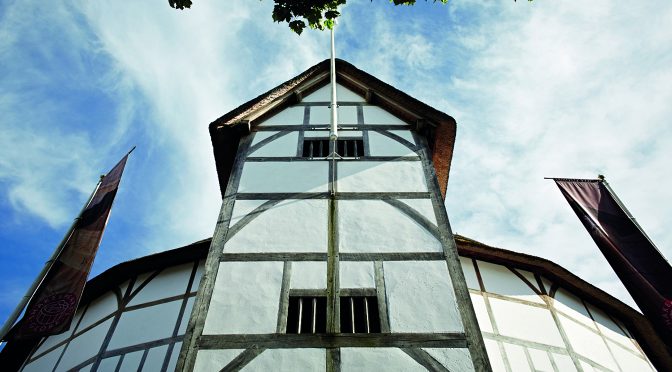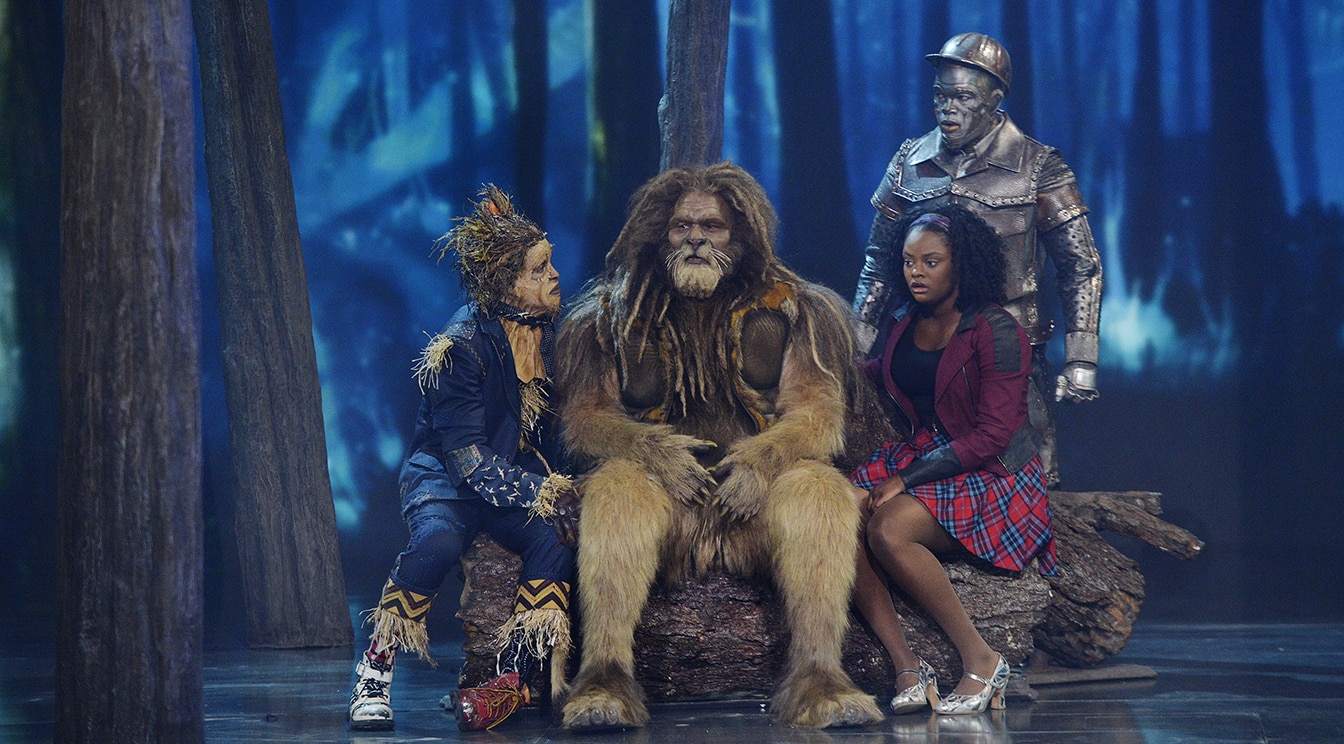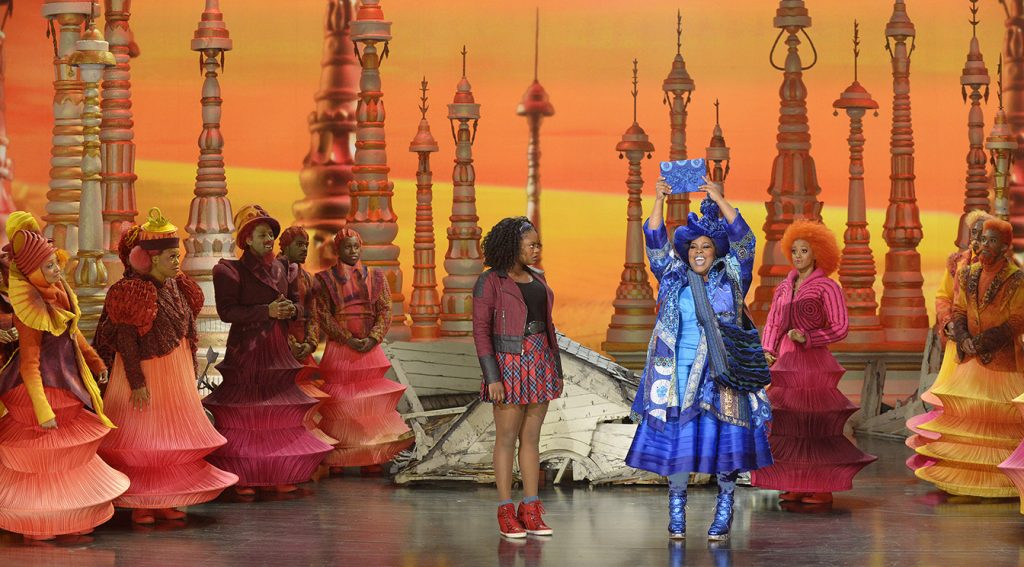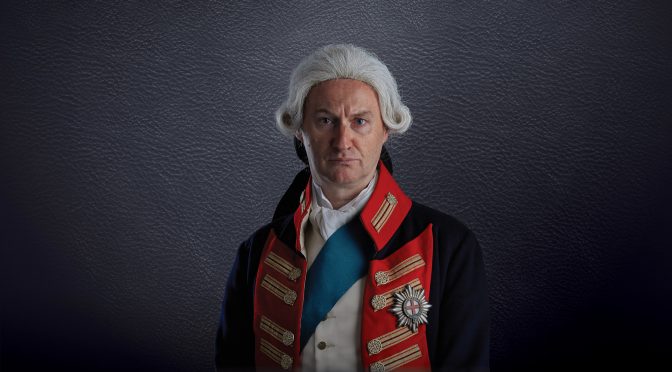Although unfinished at her death in 1965, and in a production that’s four years old, Lorraine Hansberry’s play feels more urgent than ever. Questioning the perceived price of African lives, the legacy of imperialism and featuring the death of a black man in police custody, it is depressingly topical in this summer of Black Lives Matter protests.
Yaël Farber’s strong production doesn’t suit filming – that happens sometimes. The slower pace, which can work in a theatre, makes watching online tedious. Several scene changes, which use the theatre’s revolve well, dampen the script’s considerable tension on screen. That Hansberry wrote a thrilling play with plenty of action is a little lost.
Thankfully, even on film the strong characters and performances still shine. The ‘Whites’ of the title, running a missionary hospital in an unspecified African country, are well developed by James Fleet and Anna Madeley. And a visiting journalist – a little too close to a device to provide an American perspective – is played with passion by Elliot Cowan. A magnificent role for Siân Phillips, the wife of the Mission’s pastor who everyone is waiting to show up, illustrates the complexities of colonialism in a moving fashion.
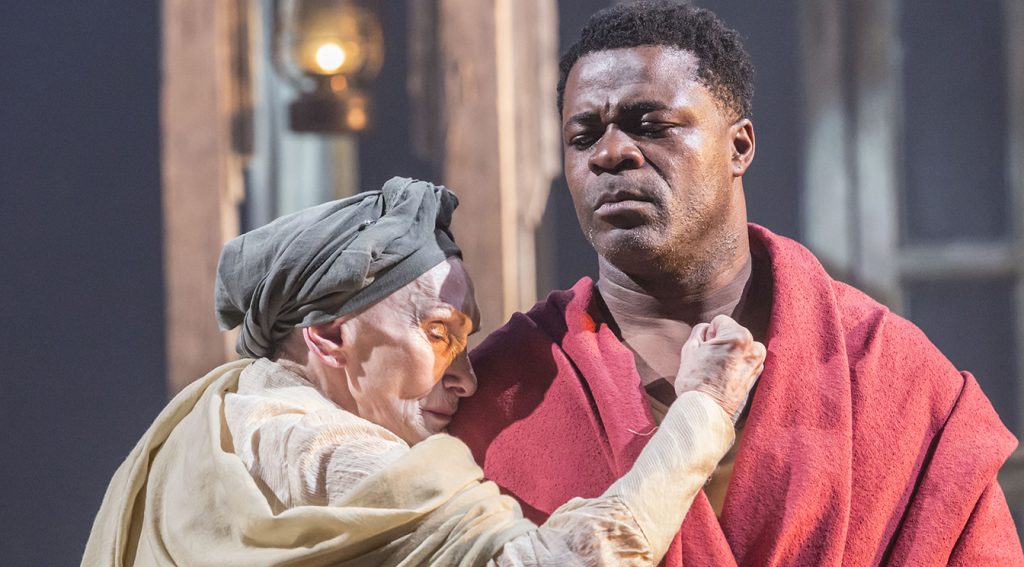
Three brothers, torn by the conflict for independence, provide drama of an epic nature that results in fantastic acting. Gary Beadle’s Abioseh is about to become a priest, while “mixed up” Eric, a powerful role for Tunji Kasim, wants to go to war. The focus is Tshembe, now established in Europe but “ravaged” by his responsibilities. Which path will he take?
Danny Sapani takes the part of this intellectual and reluctant revolutionary with a clear understanding that this is a unique kind of hero. Sapani shows Tshembe’s intelligence and humanity, making him interesting and appealing. But he is also aloof and dangerous. The tragic outcome is one of the most shocking you can imagine.
The brutal ending of Les Blancs shows its real strength lies in Hansberry’s unflinching bravery. Many scenes featuring Clive Francis’ bigoted Major Rice are difficult to watch, no matter how well they work dramatically. But, with Hansberry’s forensic arguments, the play is also bold. The exploitation of colonialism is easy to see, but what about the idea of the missionary sense of fulfilment also being at the expense of Africans? The play’s obsession with “reason”, easily contrasted with tradition, and a flirtation with violence (let alone nods to Marxism) are startling and powerful.
Available until Wednesday 8 July2020
To support, visit nationaltheatre.org.uk
Photos by Johann Persson

